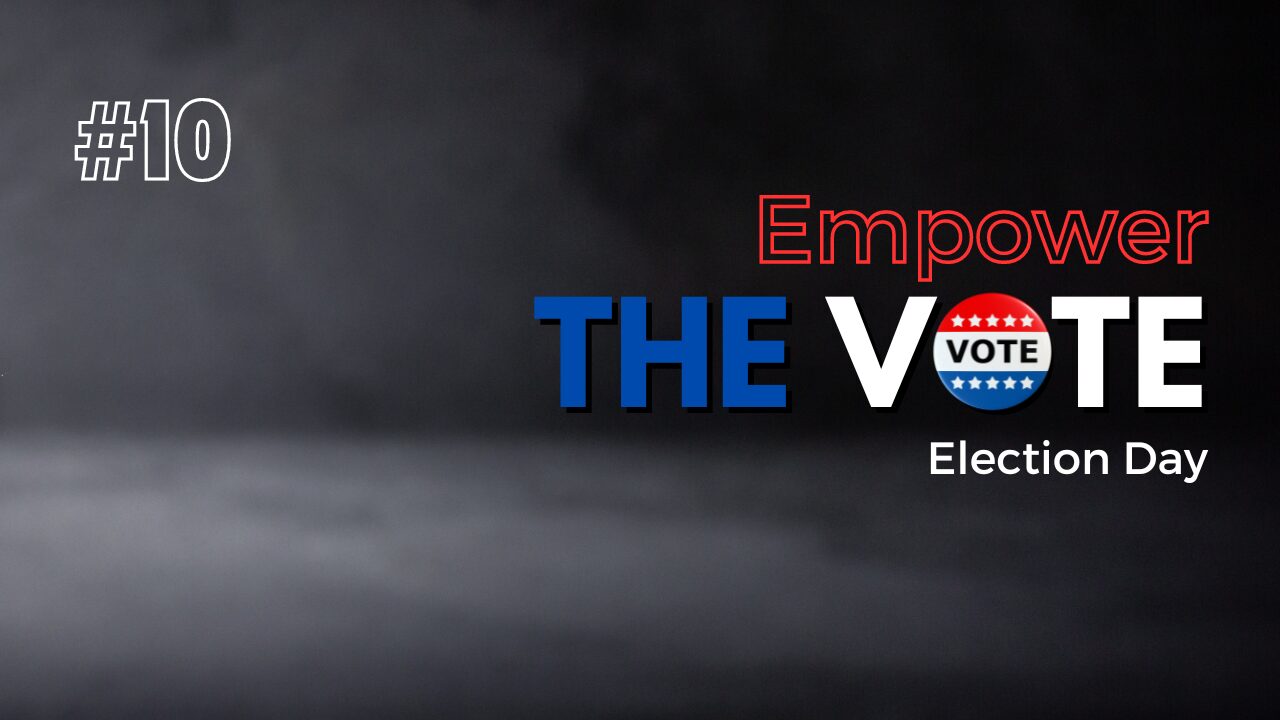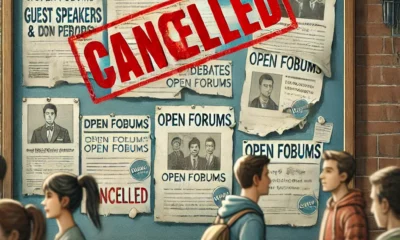
As Election Day arrives, the months of preparation, research, and anticipation culminate in a single action: casting your vote. This is the moment when all the information gathered, the candidates evaluated, and the issues debated come together. This day is more than just a marker on the calendar—it’s a key event in shaping the future of your community, state, and nation.
Over the course of this series, we’ve explored the ins and outs of becoming an informed voter, understanding the electoral process, the importance of local elections, and the key issues at stake. Now, it all comes down to your participation. Let’s reflect on what we’ve covered and how it all connects to today, Election Day.
The Journey to Election Day: What We’ve Learned
Researching Candidates and Issues
One of the first steps in this process was understanding how to evaluate candidates and issues. We emphasized the importance of diving into candidates’ backgrounds, voting records, policy stances, and personal values. By researching official campaign websites, public statements, debates, and non-partisan fact-checking sources, you’ve armed yourself with the knowledge necessary to make informed decisions.
Misinformation and Fact-Checking

In a world of misinformation, critically evaluating campaign ads, social media posts, and news articles is crucial. We explored how to avoid echo chambers and actively fact-check claims using reliable sources like FactCheck.org, PolitiFact, and Snopes. Election Day is the time to put this work into practice by casting a vote based on facts, not fiction.
Understanding Local Elections
While national races often dominate headlines, we learned that local elections have a direct impact on our daily lives. From school boards and city councils to county sheriffs and local judges, the individuals elected today will make decisions that affect education, public safety, housing, and more. Your vote in these races matters just as much as it does in the higher-profile races.
What’s at Stake on Election Day
This year’s election is pivotal, with important issues like healthcare, the economy, climate change, and social justice on the line. However, the specific issues and candidates vary based on where you live. In your community, local and state offices might also feature key decisions such as school funding, public safety initiatives, and infrastructure improvements. The policies enacted by the individuals you elect today will shape your community and country for years to come.
How to Vote: Last-Minute Reminders for Election Day

Whether you’re voting in person or dropping off a mail-in ballot, here are a few reminders to ensure your vote counts:
- Confirm Your Polling Location: Polling places can change, so make sure you know where to go. Visit your state’s election website to verify your location.
- Know What to Bring: In most states, you’ll need a valid form of ID to vote. Double-check the requirements for your state.
- Review Your Ballot: If you’re voting in person, take time to review your ballot before heading to the polls. Know the candidates and proposals you’ll be voting on.
- Plan Ahead: Polling places can get busy, so give yourself plenty of time. Remember, as long as you are in line before the polls close, you have the right to vote.
- Mail-in Voting: If you’re voting by mail, ensure your ballot is completed properly and mailed or dropped off according to the deadline in your state.
The Power of Your Vote
Casting your vote today is an expression of your voice in democracy. Your vote is your say in who will represent your values, lead your community, and shape the future. Whether you are voting for a president, senator, mayor, or school board member, your participation is essential to ensuring that government reflects the will of the people.
Election Day is not just the culmination of this series—it’s the culmination of the democratic process itself. Make your voice heard, and be proud of your contribution to shaping the future. Your vote is your power. Use it.
Brent is the Managing Partner of CatchMark Technologies and a seasoned technologist with over 25 years of experience in IT leadership, cybersecurity, and technical operations. He began his career serving in the U.S. Army, where he worked extensively with electronics—laying the foundation for his lifelong passion for technology and problem-solving. Brent holds a Certified Information Systems Security Professional (CISSP) certification and currently leads CatchMark’s Cybersecurity and Tech Support teams. Known for his strategic thinking and hands-on expertise, he excels in guiding secure, scalable solutions and driving innovation across complex technical environments.
Must See
-


Arts/Entertainment
/ 38 minutes agoWhite Lake Live Music: June 23–29 Lineup
It’s a big week for local music fans! 🎶 Eight Whitehall and Montague venues...
By Amy Yonkman -


Community
/ 2 days agoHunters and Anglers: Urban Deer Hunting in Whitehall and Montague
WHITEHALL & MONTAGUE, MI — As deer populations continue to rise across West Michigan,...
By Kara Raeth -


Community
/ 2 days agoStay Safe This Summer on Lake Michigan and White Lake
As summer heats up in the White Lake area, more people are heading to...
By Kara Raeth















